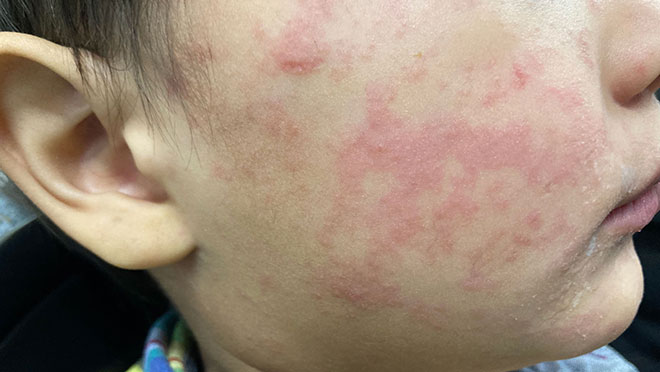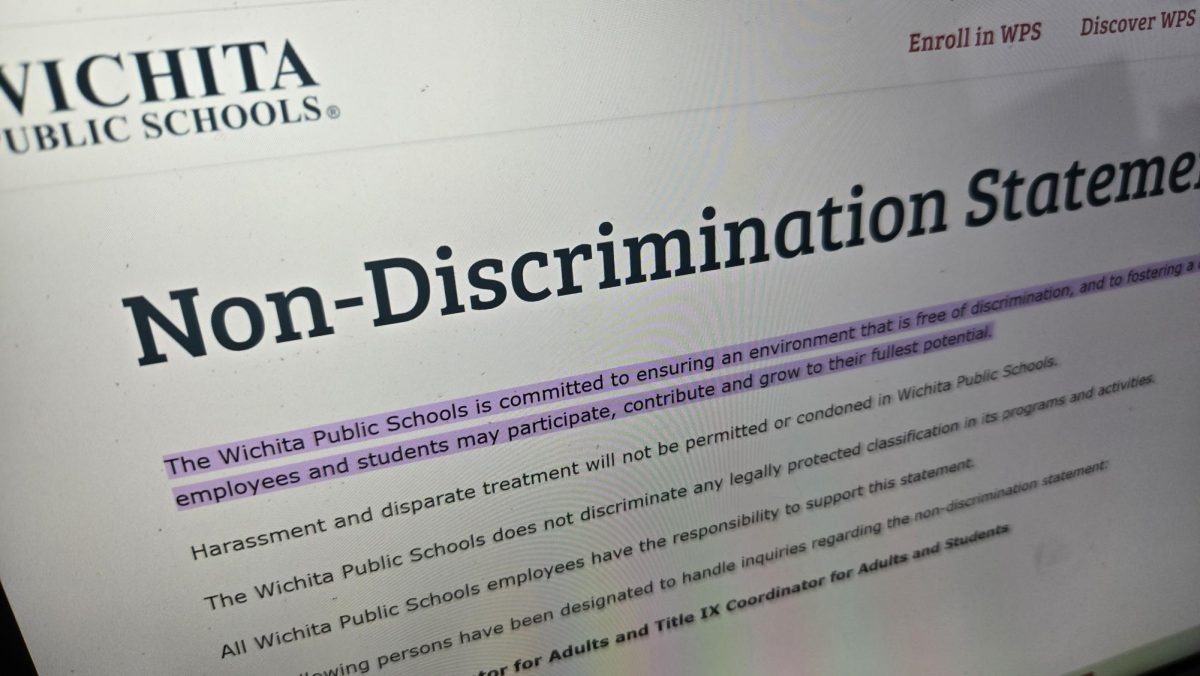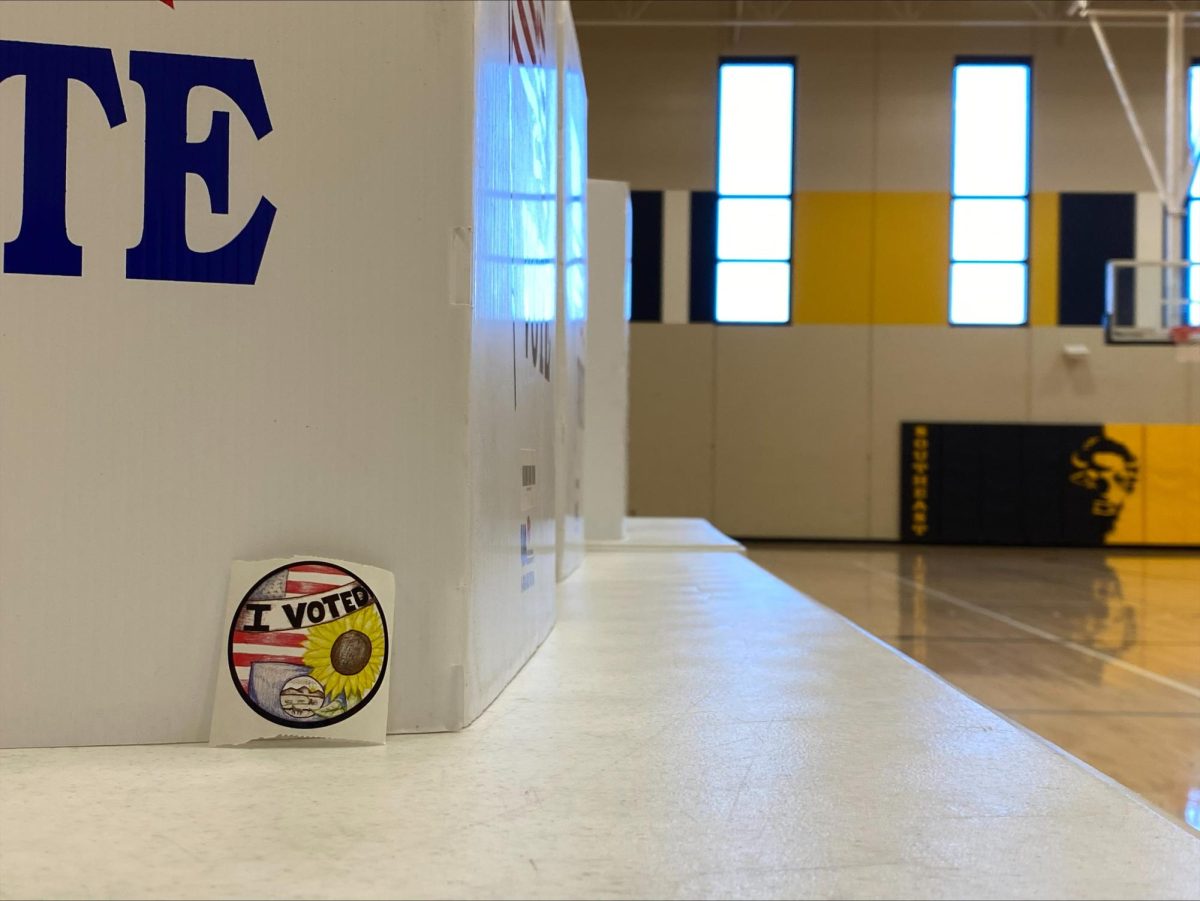For the first time in over 20 years, multiple people have died from measles in the United States as an outbreak surges in Texas. Now, the highly contagious virus has spread to Kansas, where health officials have confirmed 23 cases across multiple southwestern counties. This marks the state’s first major measles outbreak since 2018, raising concerns about low vaccination rates and public health risks.
“Measles is a viral infection that is spread through airborne transmission. That means that anybody who has the measles can spread those viral particles just by breathing, walking, coughing, sneezing—anything,” said Ginny Smith, a nurse practitioner at Hunter Health. “But those little bitty viral particles can hang in the air for up to two hours after they’re spread, and they can live on surfaces or anything like that.”
While measles deaths are rare, complications like pneumonia and encephalitis can be life-threatening, especially for unvaccinated individuals. The outbreak in Texas has been especially severe, and Kansas health officials worry the virus will continue spreading.
There is no cure for measles—only symptom management. However, a highly effective vaccine has been available for decades.
“We have a good and effective vaccine for measles that is safe and has been around for very long, but fear-mongering has led people to not trust it, which is increasing our infection rate and putting our vulnerable populations at a higher and higher risk which is extremely concerning. It makes me concerned for my patients, for my family and friends and just our country in general, because I fear that we’re going to end up back where we were before we had the vaccine,” Smith said.
Vaccination rates have been dropping, making outbreaks more likely.
“I know that the vast majority of the cases in Texas are happening in people who have not been vaccinated, but I also know that the outbreak started in a county with one of the lowest vaccination rates in Texas,” Smith said. “[G]enerally speaking, herd immunity requires a vaccination rate of 95%. …when the rate is that much lower, it’s an even higher risk.”
The MMR vaccine is one of the required immunizations for students attending school in Kansas. Staying up to date on vaccinations is essential for preventing the spread of measles, mumps, and rubella.
“First and foremost, get vaccinated and follow your standard vaccine schedule for your children,” Smith said. “If your children haven’t followed the standard schedule, now is the time to catch up.”







